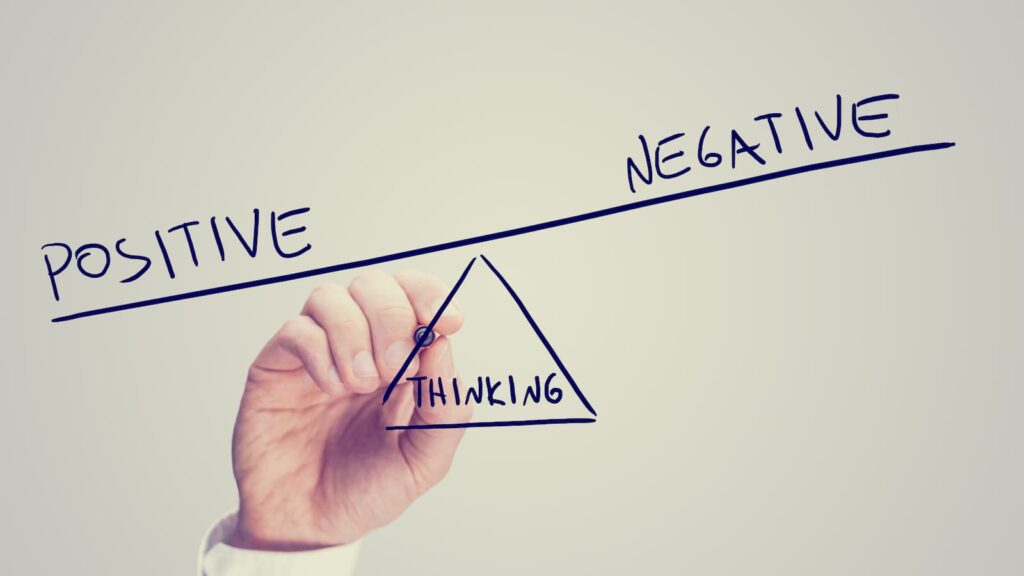17 Negative Sides Of Being Smarter Than Others
17 Negative Sides Of Being Smarter Than Others

Being highly intelligent certainly comes with its set of advantages, such as quick learning and problem-solving skills. However, it’s not all smooth sailing. High intelligence can also bring about unique challenges and downsides that affect both personal and social aspects of life.
From feeling isolated to dealing with high expectations, the journey can be complicated. Let’s dive into 17 downsides that highly intelligent people often face, shedding light on the not-so-glamorous aspects of having a sharp mind.
1. Perfectionism Gets In The Way

Hollingworth’s study on children with high IQs revealed a tendency towards perfectionism, setting unrealistically high standards for themselves. This relentless pursuit of perfection can lead to anxiety and a tendency to avoid tasks for fear of not meeting these high standards, making it a double-edged sword that hampers happiness and satisfaction.
2. Making Friends Is More difficult

Terman’s longitudinal study on gifted children uncovered that their exceptional intelligence often led to difficulties in social interactions. This disparity in mental age and interests can result in feelings of isolation, as forming connections with peers becomes challenging, leading to a sense of loneliness and detachment from social circles.
3. You Are Ashamed Of Your Feelings

Highly intelligent individuals may feel like they never truly fit in, especially during their school years. This misfit feeling can evolve into shame, as they struggle to relate to the common challenges their peers face, making them feel alienated and misunderstood in social settings.
4. Disinterest in Conversation with Peers

For someone highly intelligent, engaging in conversations with people of the same age can sometimes be unstimulating. This lack of interest in typical age-related discussions can further enhance feelings of isolation and difficulty in finding common ground with peers.
5. You Have High Expectations

Being highly intelligent often comes with others placing high expectations on their shoulders. This pressure can be overwhelming, making every decision and achievement feel like it’s under a microscope. The constant need to meet or exceed these expectations can be a significant burden.
6. You Are More Sensitive

High intelligence can also mean heightened sensitivity to environmental and emotional stimuli. This increased awareness can make coping with daily stressors more challenging, as they feel emotions more deeply and are more attuned to the nuances of their surroundings.
7. Overthinking

As Rachel on Quora puts it, for those who are brilliant, being wrong is a formidable fear. This fear can lead to excessive overthinking, second-guessing even the decisions that seem right, creating a paralyzing cycle of analysis that hinders action and causes immense stress.
8. Depression and Anxiety

The combination of high expectations, perfectionism, and overthinking can lead to higher rates of depression and anxiety among the highly intelligent. The weight of these mental challenges can be debilitating, affecting their overall quality of life and happiness.
9. Doubtfulness

Highly intelligent individuals can be plagued by doubt, questioning their decisions, abilities, and worth. This constant self-scrutiny can undermine their confidence, making it hard to trust in their capabilities and move forward with conviction.
10. Finding Others Too Slow

Impatience with the pace at which others understand or work can be a source of frustration. This perception of others being too slow can lead to impatience and difficulties in collaborative environments, straining relationships and teamwork.
11. Being Bullied

Resentment and envy from peers can lead to bullying, as others may target the highly intelligent out of jealousy or misunderstanding. This form of social rejection adds another layer of difficulty to their ability to form meaningful relationships.
12. Imposter Syndrome

Despite their abilities, many highly intelligent people struggle with imposter syndrome—the feeling that they don’t truly deserve their accomplishments and that they might be exposed as a fraud. This can hinder their progress and affect their self-esteem.
13. Risk of Mental Health Issues

The intellectual and emotional depth of highly intelligent individuals puts them at a greater risk for mental health issues. The constant analysis, along with a deep sense of empathy and understanding, can be overwhelming, leading to mental health struggles.
14. Struggle with Authority

Highly intelligent people often find it challenging to deal with authority, especially if they perceive it as not competence-based. This skepticism towards leadership can lead to conflicts in environments where hierarchy and adherence to authority are valued.
15. Finding Meaning and Purpose

The quest for meaning and purpose can be particularly intense for those with high intelligence. Their deep thinking and reflection can lead to existential dilemmas, making it difficult to find satisfaction and purpose in conventional achievements and paths.
16. Feeling Everything More Deeply

Their heightened sensitivity means that highly intelligent individuals often feel everything more deeply. This intensity of emotion, while enriching, can also be overwhelming, making it challenging to navigate emotional experiences and relationships.
17. Boredom

A high intelligence often comes with a thirst for constant mental stimulation. When this need is not met, it can lead to boredom, making routine tasks and traditional learning environments feel unchallenging and mundane. This search for constant engagement can be exhausting and unsatisfying.
We are Mary and Eric, the founders of Be Right Back, a blog dedicated to romance around the globe and at home.
We are Mary and Eric, the founders of Be Right Back, a blog dedicated to romance around the globe and at home. With over 10 years of experience in dating and traveling to romantic places, we share our favorite date ideas and romantic destinations to help couples level up their relationships. Having lived in and traveled through the USA, we also share our favourite things to do in the States.
With 70,000 monthly readers and 16,000 followers on social media, Be Right Back is your go-to resource for romantic trip ideas and couple activities at home and abroad.
